Infosecurity News

UK Set to Double Funding for Cybercrime Fight
Chancellor will raise government’s stake to £1.9 billion by 2020
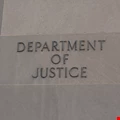
OIG: Department of Justice Facing Cyber Skills Crisis
FBI failed to find nearly half of the computer scientists it was sanctioned to hire.
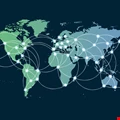
TruSTAR Nabs $2M in Seed Money for Anonymized Threat-Sharing
"Connective defense technology" correlates incident data from its members, enabling companies to rapidly exchange information anonymously.

75% of Companies Are Insider Threat Victims
The largest single cause of confidential data loss is due to employees (42%).

Google Preps New Service after Global Email Encryption Warning
Security is improving, but messages are still sent in plain text.

Key Positive Enterprise Trends Emerge in Cybersecurity
Adoption of security frameworks, the use of Big Data analytics, more buy-in from execs and threat-intel partnering are all positive developments for 2016.
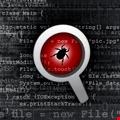
Java Library Flaw Affects Thousands of Applications
The flaw is worse than Heartbleed and harder to fix.

InstaAgent Pulled After Stealing User Names and Passwords
Popular app deemed a security risk by Google and Apple.

Former Council Worker Aces SANS Cyber Academy Exams
Ross Bradley processed parking fines for 15 years before changing careers.
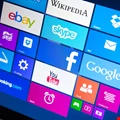
Microsoft Patch Fail as Update Crashes Outlook
Redmond forced to reissue KB 3097877.

Top 50 UK Websites Offer Up Big Risk
Going to a top 25 UK website exposes a browser to more than 100 scripts without any knowledge of how good or bad they may be.

UK Government Launches £6.5 Million Cyber Investment Fund
CyberInvest aims to keep the UK at the forefront of cybersecurity innovation.

Airport Site Downed as Web Hack Highlights Common Failings
SQL injection was too easy, says hacker.
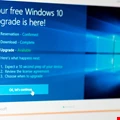
Microsoft Patches 23 Critical IE Flaws in Latest Update Round
Some 12 updates for admins this month

JPMorgan Indictments Show 83Mn Affected in Enormous Breach
A vast criminal enterprise spanned more than a dozen countries, and targeted at least nine major financial and publishing firms.
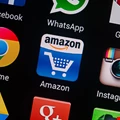
Amazon Shipping Android Tablets with Pre-installed Trojan
The Cloudsota Trojan is pre-installed on tablets shipping from Amazon and others—affecting hundreds of thousands.

Hardware Encryption Market Expected to Reach $296.4bn by 2020
Hardware encryption considered the most effective form of data protection against unauthorized access, aligning with the actions of various governments who are coming out with stringent regulations pertaining to data protection.

Irish Civil Servants Suffer Privacy Breach after Email Blunder
‘Momentary lapse in concentration’ exposes 300 employees' data

Opsec Blunders Expose Rocket Kitten Masterminds
Iranian attack group’s errors could give white hats the upper hand

Cameron Orders Government Cybersecurity Tests
PM concerned about risk of OPM-style attack



